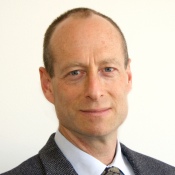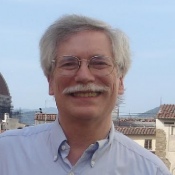Applications in the Social Sciences
Statistics plays a central role in the social sciences, applying rigorous quantitative methods to understand and solve some of the greatest challenges affecting human societies. Statistics is especially critical at a time when the volume and type of available data are transforming the social sciences.
Berkeley statistics faculty study pressing problems from across the social sciences: economics, policy, and quantitative finance; the census, official statistics, and demography; political science and election integrity and security; sociology, social network analysis, and computational social science; and education and psychometrics. Faculty have close connections and joint appointments with other UC Berkeley departments (including Demography, Political Science, Public Policy) and are core members of the campus’s new computational social science training program. Faculty also have active collaborations with social science researchers, non-profit organizations, companies, and government agencies from across the world.
The innovative work today builds on the Berkeley statistics department’s long history at the intersection of statistics and the social sciences. This is particularly true in the use of statistics in the law—in a landmark case on census adjustment in 1990, the US Supreme Court ruled unanimously in favor of an analysis from faculty Ken Wachter and (the late) David Freedman. Berkeley Statistics faculty continue to serve as leading experts on related matters.
Researchers
The organization chart for administrative staff.






